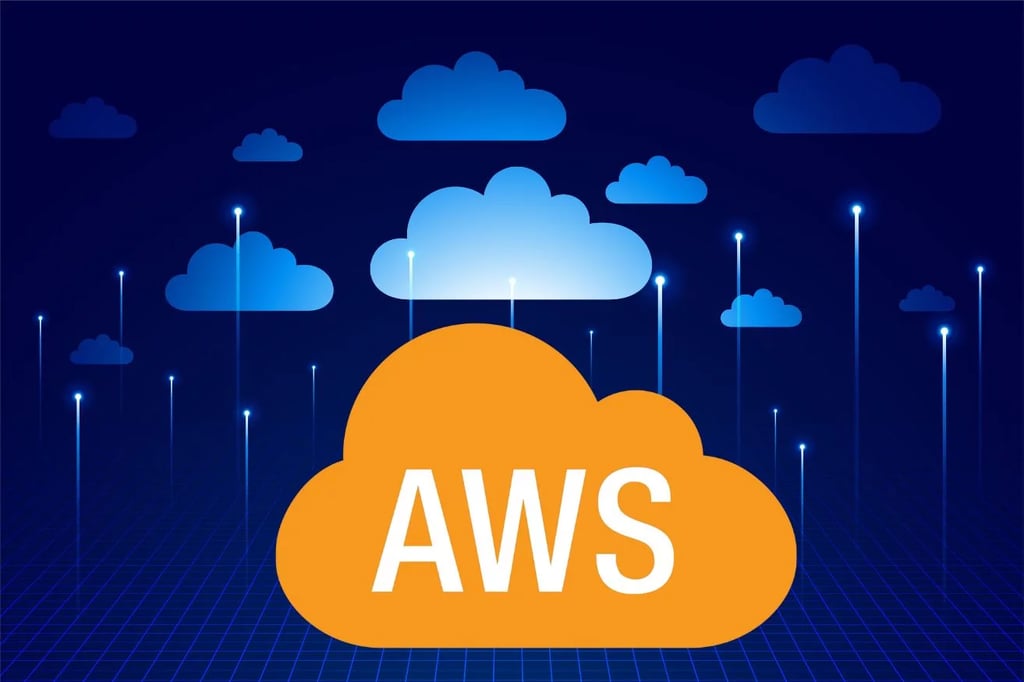Do you know why you should use AWS over GCP and Azure?


Deciding which cloud platform is “better” among AWS (Amazon Web Services), GCP (Google Cloud Platform), and Azure (Microsoft Azure) depends on specific needs, preferences, and use cases. Each platform has its strengths and advantages. Here are some reasons why some people prefer AWS over GCP and Azure:
1. Market Leadership and Maturity: AWS was the first major cloud provider and has been in operation since 2006. It has a large and mature ecosystem, with a wide range of services and a robust global infrastructure.
2. Service Offering and Variety: AWS offers the most extensive range of cloud services, including computing power, storage, databases, machine learning, analytics, and more. This breadth can be particularly valuable for organizations with diverse needs.
3. Global Reach and Data Centers: AWS has an extensive global network of data centers, providing a wide array of regions and availability zones. This can be crucial for businesses needing a strong global presence.
4. Strong Developer Community: AWS has a large and active community of developers, which can be a valuable resource for support, tutorials, and third-party integrations.
5. Robust Security and Compliance: AWS offers a wide array of security and compliance features, making it a strong choice for organizations with stringent security requirements.
6. Advanced Machine Learning and AI Services: AWS has a comprehensive set of machine learning and AI services, including SageMaker, Rekognition, Comprehend, and more.
7. Enterprise Adoption: AWS has a strong presence in the enterprise market, and many large organizations have chosen AWS as their primary cloud provider.
8. Well-Established Partner Ecosystem:
AWS has a vast network of partners, including consulting firms, software vendors, and system integrators, which can be valuable for businesses seeking additional support and services.
However, it’s important to note that GCP and Azure also have their own strengths:
Strong in areas like data analytics, machine learning, and container orchestration (Kubernetes). It’s known for its data and analytics capabilities, particularly BigQuery and Dataflow.
Offers unique services like Google Workspace (formerly G Suite), which can be integrated with cloud services seamlessly.
Offers deep integration with Microsoft’s existing products and services, making it a natural choice for organizations heavily invested in the Microsoft ecosystem.
Strong in areas like hybrid cloud solutions and enterprise applications.
Ultimately, the “better” platform depends on specific requirements, the existing technology stack, and the nature of the projects or applications being deployed. Many organizations choose to use a combination of cloud providers (multi-cloud) to take advantage of the unique strengths of each platform.
